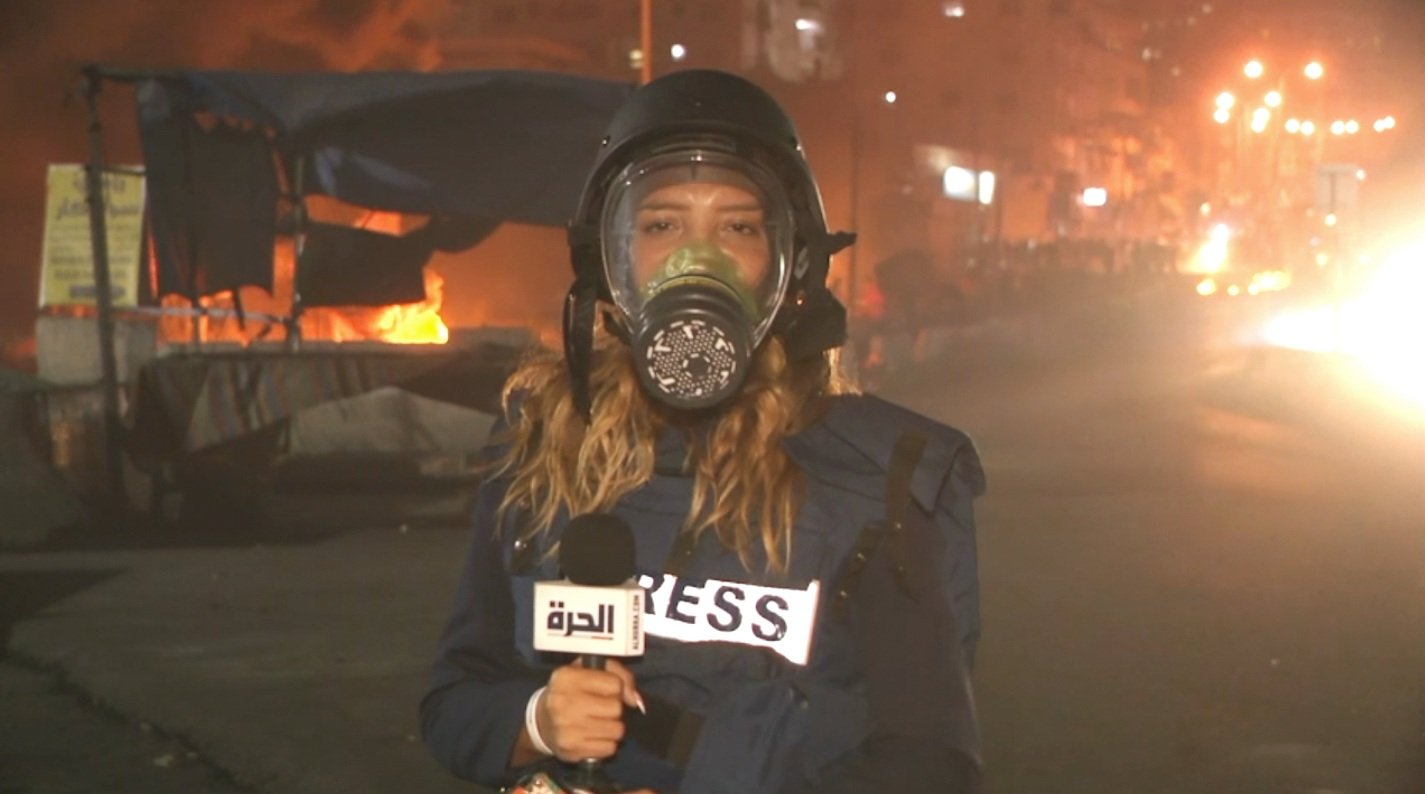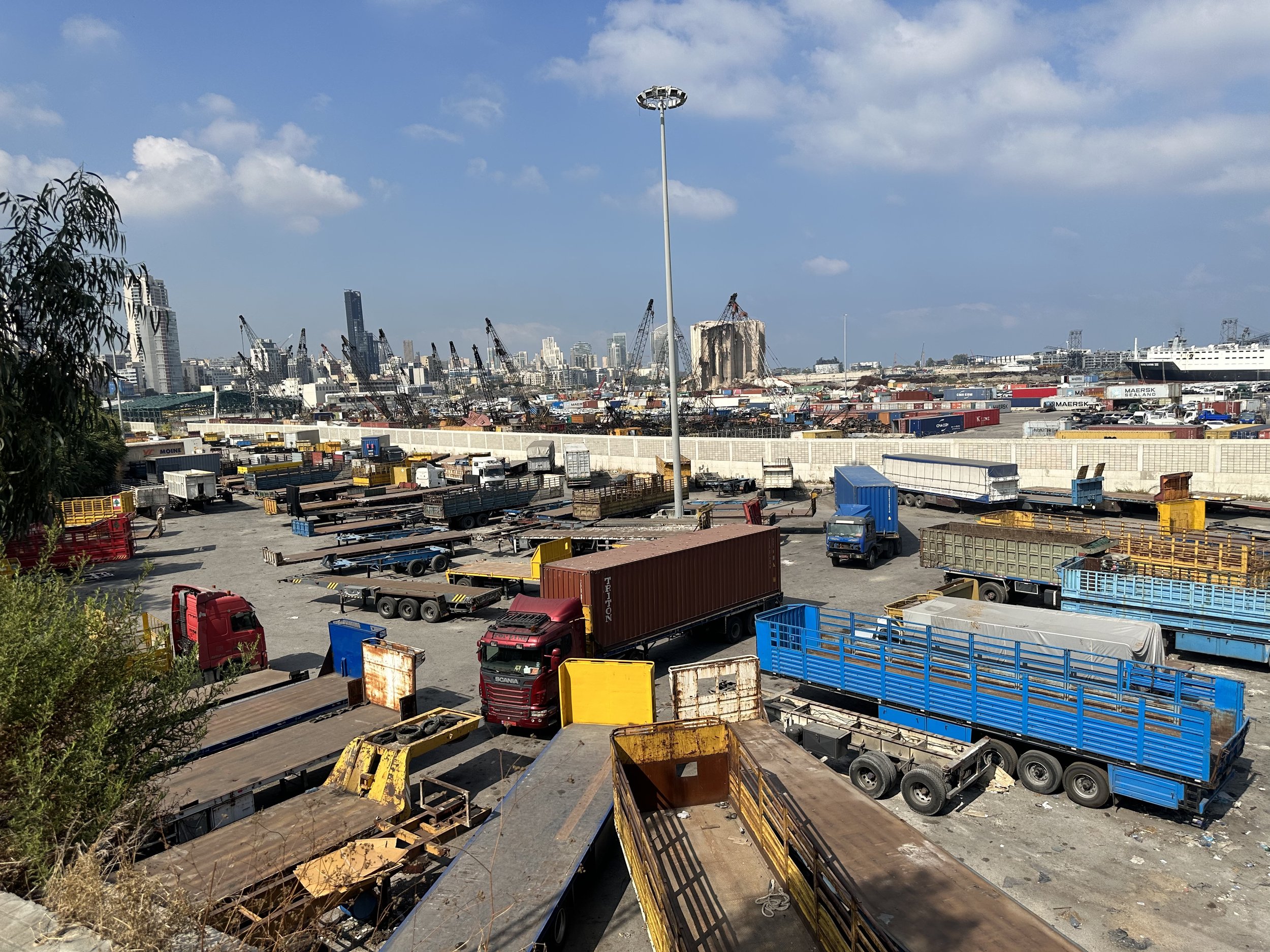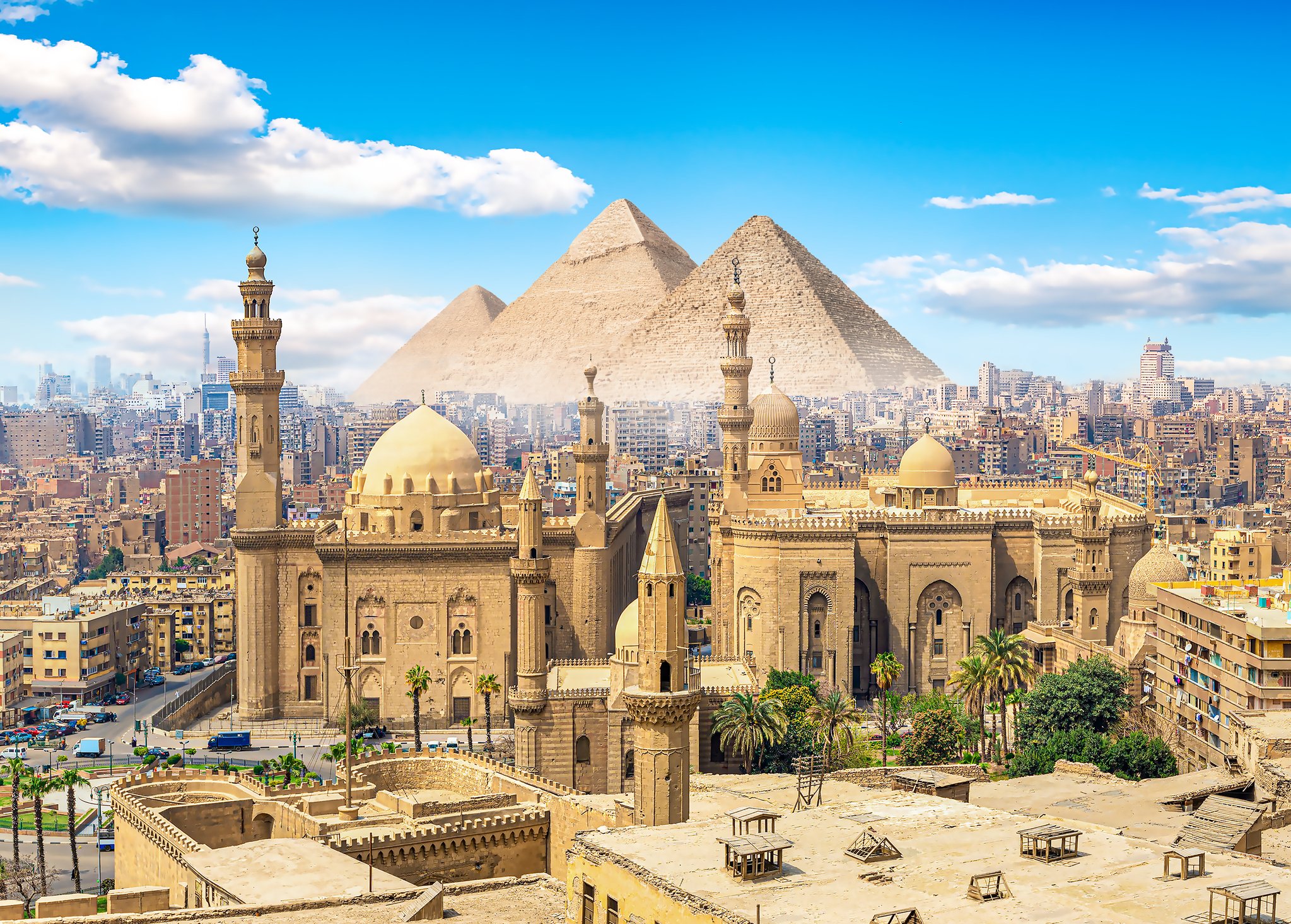There’s nothing like being there.
On October third I returned from a one-month trip around the Middle East and North Africa just before Hamas launched the attack that killed and injured innocent civilians in Israel and Gaza. The strike by Islamic militants deserves the condemnation it universally received. There is no justification for the killing of innocent civilians -- Jewish or Arab.
Getty Images
The fiery rhetoric surrounding the attack lacks the context one gets from firsthand observation of a troubled region, though. In my view, the prevailing notion that the attack on Israel was unprovoked is not exactly true. Hamas and its militant cousins thrive because of Israel’s callous treatment of West Bank Palestinians, which most of the world has ignored for decades. The death and destruction emanating from Gaza is tragic, terrible, and is unjustified on any level. But the support the Israeli Defense Forces (IDF) openly give radical and violent Israelis who routinely attack Palestinians and illegally occupy land in the West Bank suggests Hamas is not the only party with blood on its hands. Benjamin Netanyahu, the current prime minister, and the religious right-wing political allies he openly supports also bear responsibility for the tinder box that exploded in Gaza on October seventh.
Israel was not my only stop on my trip to the region. My travels took me to many Arab states, some with crippling problems and some that bask in prosperity. You can read the reports I wrote about individual places I visited. on this page, on my blog, or on my Substack. They are snapshots that focus on the activities of journalists who work for the Middle East Broadcasting Networks (MBN), where I am chairman of the board. They are not -- and don’t pretend to be -- in-depth reports on regional conditions. Congress set up the MBN in 2004 to provide objective and balanced news to the Middle East and North Africa, where censorship and news hostile to America coexist. I conducted my on-the-ground visits to MBN offices to understand better the opportunities and challenges faced by MBN employees.
As with most areas of the world, misinformation and propaganda saturate the region’s airwaves. Although MBN journalists and support staff expressed pride in working for a news organization with a mission to provide accurate, balanced reporting, they are whipsawed daily by bad actors who capitalize on media disarray to sow deceit and propaganda into the headlines. I visited Tunisia, Egypt, the Kurdish area of Iraq, Lebanon, and the United Arab Emirates. All were the same. Citizens in most countries admired Russia and China more than the U.S., primarily because America’s adversaries pour far more money and resources into propaganda machines that misrepresent life in America.
Israel was the last stop on my trip, and I arrived just over a week before the Hamas attack. Despite Israel’s pro-America leanings, I experienced the most tension there. I’ve visited the Holy Land many times, both for business and for pleasure. However, Jerusalem seemed under more stress than any of my prior visits thank to a trend familiar in many nations -- an organized political minority determined to impose its will on the majority.
In America, it's the Republicans, a minority party that has tied the nation’s Congress in knots. The GOP’s conduct is an affront to democracy. In Israel, the anti-democratic force is the alliance Netanyahu formed with a coalition of right-wing political minorities to salvage his political skin. By embracing the Israeli right wing, Netanyahu empowers “Settlers,” a group heavily populated by religious zealots. They illegally seize West Bank land and capitalize on their preferred status with the IDF to launch increasingly aggressive and violent attacks on neighboring Palestinians.
A significant portion of Jewish people, both in Israel and America, oppose the Settler movement and the Netanyahu government. Thousands of Israelis packed the nation’s streets in unprecedented protests of his desire to dismantle the nation's true bastion of democracy – a court system overseeing an investigation of the Israeli leaders for corruption. But the violence in Gaza, a densely populated Palestinian enclave on Israel’s southern border with Egypt, now overshadows everything. Instead of opposing Netanyahu, Israeli citizens vow revenge for what is widely viewed as an attack on Israel’s right to exist. Whether calmer heads will prevail is doubtful. Violent attacks on innocent Palestinians and Israelis seem inevitable.
I spent two of my days in Israel traveling through the West Bank into towns such as Ramallah, considered the seat of a Palestinian government led by the ineffectual Mahmoud Abbas, and Nablus, both notorious hotspots. The MBN reporter who covers the region, a brave young Palestinian woman, Tharwat Shagrah, guided me through a patch of land about the size of Delaware, home to 2.7 million Palestinians and 670,000 Israelis.
The West Bank I saw is a police state. Military checkpoints, intrusive cameras, and IDF armored vehicles with soldier-toting machine guns are ubiquitous. The growing population of Israeli Settlers commandeer land and build settlements that look more like military compounds than residential enclaves. Most settlements are strategically located on the crests of hills surrounded by walls and concertina wire. The Israeli government supports the Settler movement with heavily subsidized housing. Government bulldozers plow roads and highways exclusively for the use of Settlers. Even the appearance of the Settler compounds looks threatening in their proximity to Palestinian villages and towns. Israel's blatant discrimination against West Bank Palestinians had been characterized as apartheid.
Many Settlers are easy to spot. They wear black and white clothing with hair in braided side curls that dangle by their ears. They emerge from their hilltop compounds to stage roadside attacks with rocks and guns aimed at passing vehicles and pedestrians. Tharwat has a virtual library of the violence she and her cameraman, Wessan Najouj, film routinely while on assignment for MBN. We drove past the site of a news story she covered where Settlers burned down a house occupied by a Palestinian family. “People here don’t have much,” Tharwat told me. “They rely on their olive gardens to earn a living. I covered one story where the Settlers came down and burned a man’s olive garden.”
Unfortunately, such stories of cruelty are familiar. Palestinians argue that the motive for Settler violence is a plot to drive them from their land. The Settlers specious claims rely on arguments that they are reoccupying their biblical birthright. The IDF says its launches operations to defend against terrorists nested in the West Bank’s many refugee camps. The net result is a long-standing and enduring war that varies in intensity and will not end until Israelis and Palestinians recognize each other's right to exist on legal boundaries that everyone respects. The billions of dollars in financial aid that America reflexively pumps into Israel with few strings attached helps bankroll this human catastrophe.
In the past, I've enjoyed my trips to Israel. I didn’t this time. In Jerusalem, the tension even before the Hamas attack was palpable. My journey through the West Bank showed me the gruesome rationale for the violence by the militants in Hamas and other radical groups. Then there’s Gaza. Even if Israel destroys Hamas in its invasion, many innocent people in the crowded Palestinian enclave will die. The violence could easily spawn war beyond the bloody borders of the latest battle. As I boarded a plane to return to the U.S., I thought back to an earlier trip to Israel when I had the honor of interviewing Yitzhak Rabin in an office that was unpretentious as Israel’s first native-born prime minister, a true hero. A general, diplomat, and statesman who supported peace with Palestinians, Rabin told a group of Chicago Tribune reporters that Israel should stop providing funds for new settlements and eventually dismantle the old ones. He correctly saw the settlements as a roadblock to peace. He was assassinated in 1995 by a radical Israeli.
In the Holy Land, where history breeds grievance, nothing seems unprovoked.
—James O’Shea
James O’Shea is a longtime Chicago author and journalist who now lives in North Carolina. He is the author of several books and is the former editor of the Los Angeles Times and managing editor of the Chicago Tribune. Follow Jim’s Five W’s Substack here.
Any opinions or observations in this blog are purely those of the author and do not represent the official positions of the Middle East Broadcasting Networks (MBN) or of the U.S. State Department’s Agency for Global Media, which administers federal grants to the MBN.
The tour before the storm.
As chairman of the Middle East Broadcasting Networks, I had the opportunity in September to tour the Middle East, and returned home a mere three days before the Hamas–Israel war began on October seventh. Along the way I met many amazing journalists, reporters, refugees, business owners, and residents of the Middle East. My tour included Tunisia, Cairo, a Syrian refugee camp in Iraq, Beirut, Dubai, and Israel, including the West Bank. I wrote a story at each stop.
Read the collection here.
Each photo below links to a full story.






